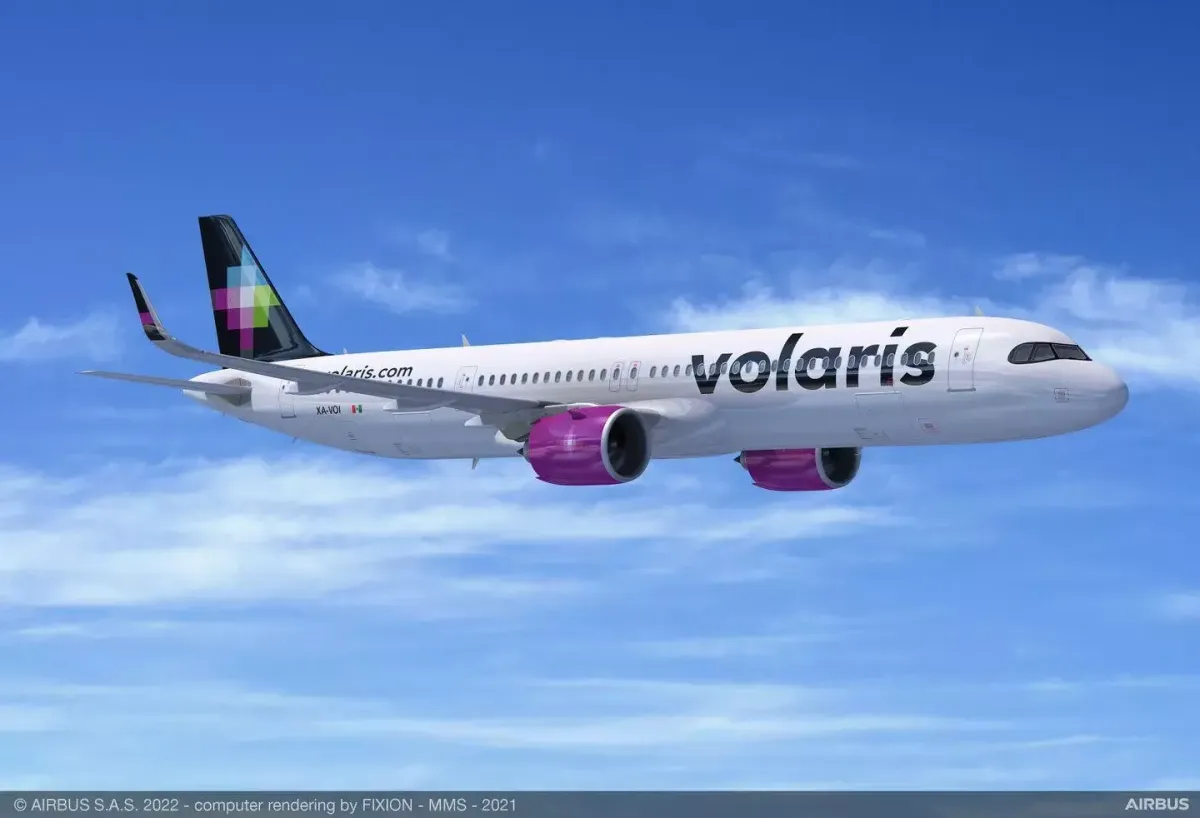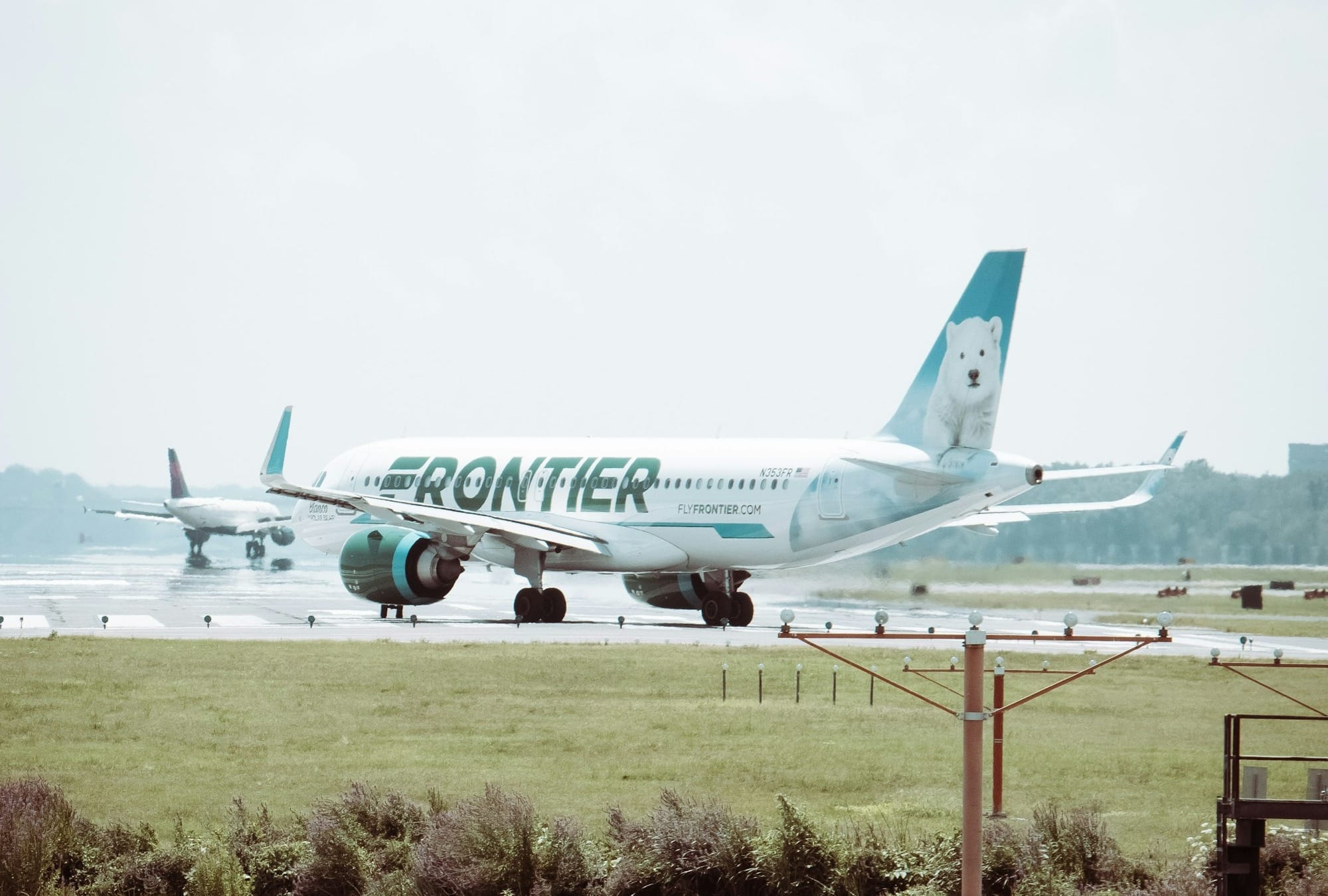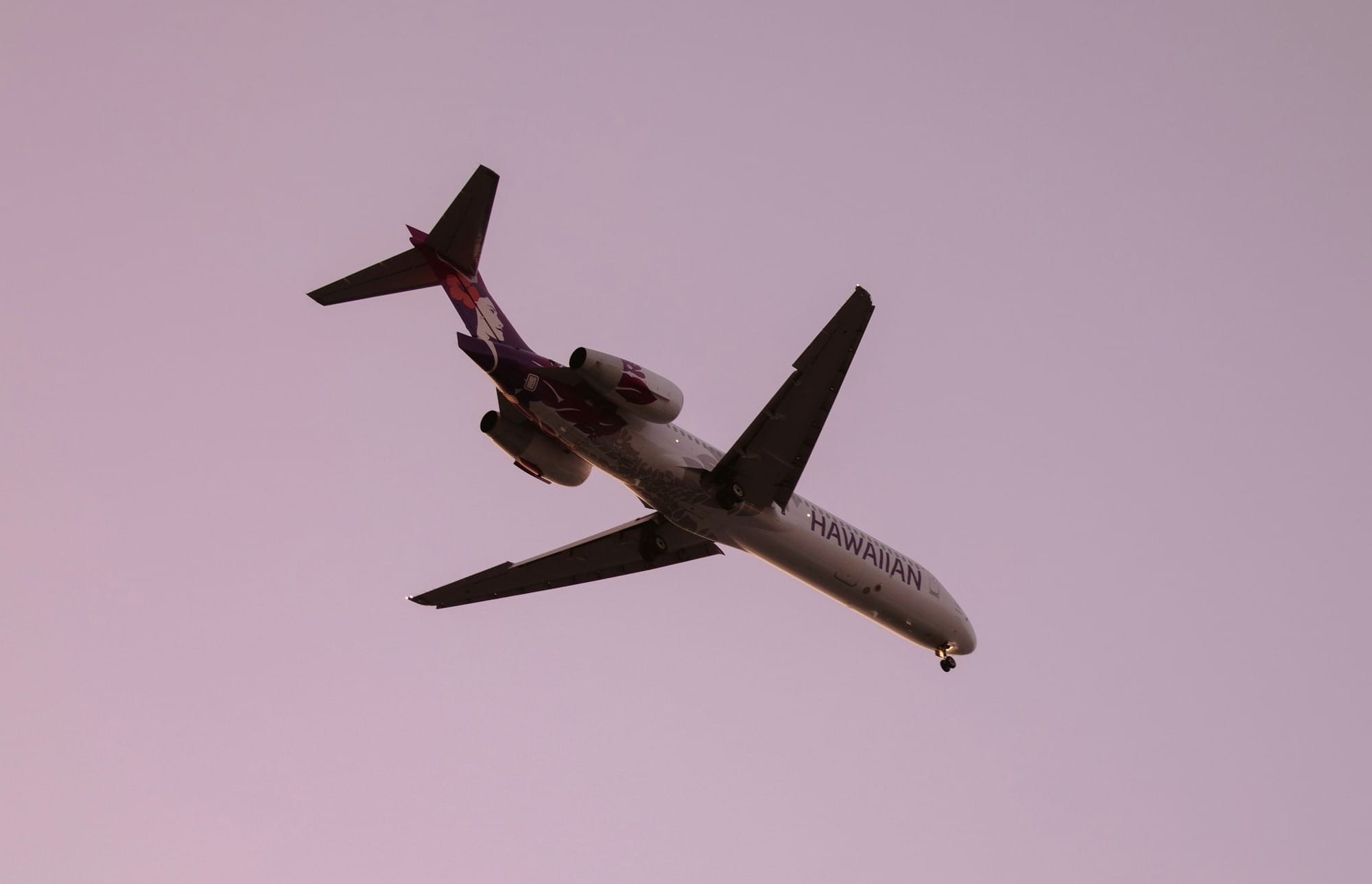Aviation Capital Group Delivers Airbus A321neo to Volaris
Aviation Capital Group (ACG), founded in 1989 and headquartered in Newport Beach, California, is one of the world's premier full-service aircraft asset managers.

Aviation Capital Group Delivers Airbus A321neo to Volaris
Key Takeaways:
- ACG delivers an Airbus A321neo to Volaris, marking a significant milestone.
- The delivery underscores the demand for fuel-efficient narrow-body aircraft.
- Highlights the ongoing partnership between ACG and Volaris.
Background on Aviation Capital Group
Aviation Capital Group (ACG), founded in 1989 and headquartered in Newport Beach, California, is one of the world's premier full-service aircraft asset managers. With over 30 years of experience in the industry, ACG has built a diverse portfolio of commercial aircraft that it leases to airlines worldwide. As of 2023, ACG's fleet comprises over 400 owned, managed, and committed aircraft, serving approximately 90 customers in more than 45 countries.
ACG is a wholly-owned subsidiary of Tokyo Century Corporation, a Japanese financial services company. This backing provides ACG with strong financial support and access to global markets, enabling it to offer competitive leasing solutions to airlines.
Volaris: Mexico's Ultra-Low-Cost Carrier
Volaris, officially known as Concesionaria Vuela Compañía de Aviación, S.A.B. de C.V., is Mexico's largest ultra-low-cost carrier. Founded in 2005, Volaris has rapidly grown to become a major player in the Mexican and Central American aviation markets. The airline operates a point-to-point network, focusing on serving price-sensitive leisure travelers and visiting friends and relatives (VFR) traffic.
As of 2023, Volaris operates a fleet of over 100 aircraft, primarily consisting of Airbus A320 family aircraft. The airline serves over 70 destinations across Mexico, the United States, Central America, and South America.
The Airbus A321neo
The Airbus A321neo (new engine option) is the largest member of the A320neo family, offering airlines improved efficiency and performance compared to its predecessor, the A321ceo (current engine option). Key features of the A321neo include:
- Fuel Efficiency: The A321neo offers up to 20% fuel savings per seat compared to previous generation aircraft, thanks to its new engines and aerodynamic improvements.
- Increased Range: With the ability to fly up to 4,000 nautical miles, the A321neo opens up new route possibilities for airlines.
- Passenger Capacity: The aircraft can accommodate up to 244 passengers in a high-density configuration, making it ideal for high-demand routes.
- Reduced Environmental Impact: The A321neo produces significantly lower CO2 emissions and has a smaller noise footprint compared to older generation aircraft.
Significance of the Delivery
The delivery of this A321neo to Volaris is significant for several reasons:
- Fleet Modernization: For Volaris, the addition of the A321neo represents a continuation of its fleet modernization strategy. The airline has been progressively replacing older aircraft with more fuel-efficient models to reduce operating costs and environmental impact.
- Capacity Growth: The A321neo's larger capacity compared to the A320 allows Volaris to increase capacity on high-demand routes without significantly increasing operational complexity.
- Environmental Commitment: By leasing more fuel-efficient aircraft, Volaris demonstrates its commitment to reducing its carbon footprint, aligning with global aviation sustainability goals.
- Market Positioning: The addition of new, efficient aircraft helps Volaris maintain its competitive edge in the ultra-low-cost carrier market, potentially allowing for lower fares and improved profitability.
Industry Context
This delivery takes place against the backdrop of a recovering global aviation industry. According to the International Air Transport Association (IATA), global air passenger traffic is expected to reach 4.7 billion in 2024, surpassing the pre-pandemic level of 4.5 billion passengers in 2019. This recovery is driving demand for new, efficient aircraft as airlines seek to capitalize on growing travel demand while managing costs and environmental impact.
The narrow-body aircraft market, dominated by the Airbus A320 family and Boeing 737 family, has been particularly resilient. Airlines are increasingly favoring these aircraft types for their versatility and efficiency, especially as they navigate the post-pandemic recovery phase.
Leasing Market Trends
The aircraft leasing market has played a crucial role in helping airlines manage their fleets during the volatile period of the COVID-19 pandemic and subsequent recovery. Leasing offers airlines flexibility in fleet planning and reduces the need for large capital expenditures.
According to recent industry reports, the global aircraft leasing market is expected to grow at a compound annual growth rate (CAGR) of around 6% between 2023 and 2028. This growth is driven by factors such as:
- Increasing air passenger traffic
- Airlines' focus on fleet flexibility and cost management
- The need for fuel-efficient aircraft to meet sustainability goals
- Emerging markets' growing demand for air travel
ACG's delivery of the A321neo to Volaris aligns with these market trends, demonstrating the continued importance of leasing in the aviation industry's recovery and growth strategy.
Financial Implications
While the specific financial terms of this lease agreement have not been disclosed, typical long-term leases for new A321neo aircraft can range from 10 to 12 years. The monthly lease rate for an A321neo can vary depending on market conditions and specific aircraft configurations but generally falls in the range of $330,000 to $380,000 per month.
For Volaris, leasing allows the airline to access new, efficient aircraft without the substantial upfront capital investment required for purchasing. This strategy helps the airline manage its balance sheet and maintain financial flexibility, which is particularly important in the volatile aviation industry.
Future Outlook
The delivery of this A321neo is likely part of a larger fleet strategy for Volaris. As of 2023, the airline has outstanding orders for additional A320neo family aircraft, indicating its commitment to fleet modernization and growth.
For ACG, this delivery reinforces its position as a key player in the aircraft leasing market, particularly in the Americas. The company's focus on new-generation, fuel-efficient aircraft aligns well with airlines' current priorities and positions ACG for continued growth in the coming years.
Conclusion
The delivery of an A321neo from Aviation Capital Group to Volaris represents more than just a single aircraft transaction. It reflects broader trends in the aviation industry, including:
- The ongoing recovery of air travel demand
- Airlines' focus on fleet efficiency and sustainability
- The crucial role of aircraft leasing in fleet management
- The importance of the Mexican and broader Latin American aviation markets
As the aviation industry continues to evolve, partnerships between lessors like ACG and airlines like Volaris will play a crucial role in shaping the future of air travel. By providing access to modern, efficient aircraft, these relationships enable airlines to meet growing travel demand while addressing important environmental and financial considerations.
The success of this delivery and Volaris' broader fleet strategy will be closely watched by industry observers, potentially influencing future decisions by other airlines and lessors in the region and beyond. As the aviation industry navigates the challenges and opportunities of the post-pandemic era, transactions like this will continue to be important indicators of market trends and airline strategies.
Summary
Aviation Capital Group's delivery of an Airbus A321neo to Volaris marks a significant milestone in their partnership and highlights the demand for fuel-efficient aircraft in the recovering aviation industry. This delivery supports Volaris' fleet modernization, capacity growth, and environmental commitments, while also reinforcing ACG's position in the aircraft leasing market. The broader industry context and leasing market trends underscore the importance of such transactions in shaping the future of air travel.
Q&A Section
Q: What is the significance of the A321neo delivery to Volaris? A: The delivery signifies Volaris' commitment to fleet modernization, capacity growth, and environmental sustainability, while also reinforcing ACG's role in the aircraft leasing market.
Q: How does the A321neo benefit Volaris? A: The A321neo offers fuel efficiency, increased range, higher passenger capacity, and reduced environmental impact, aligning with Volaris' operational and sustainability goals.
Q: What are the broader industry trends highlighted by this delivery? A: The delivery reflects the ongoing recovery of air travel demand, the focus on fleet efficiency and sustainability, and the crucial role of aircraft leasing in fleet management.
Q: How does leasing benefit airlines like Volaris? A: Leasing allows airlines to access new, efficient aircraft without substantial upfront capital investment, helping them manage their balance sheets and maintain financial flexibility.
Q: What is the future outlook for ACG and Volaris? A: Both ACG and Volaris are well-positioned for growth, with ACG focusing on new-generation aircraft and Volaris committed to fleet modernization and expansion.








